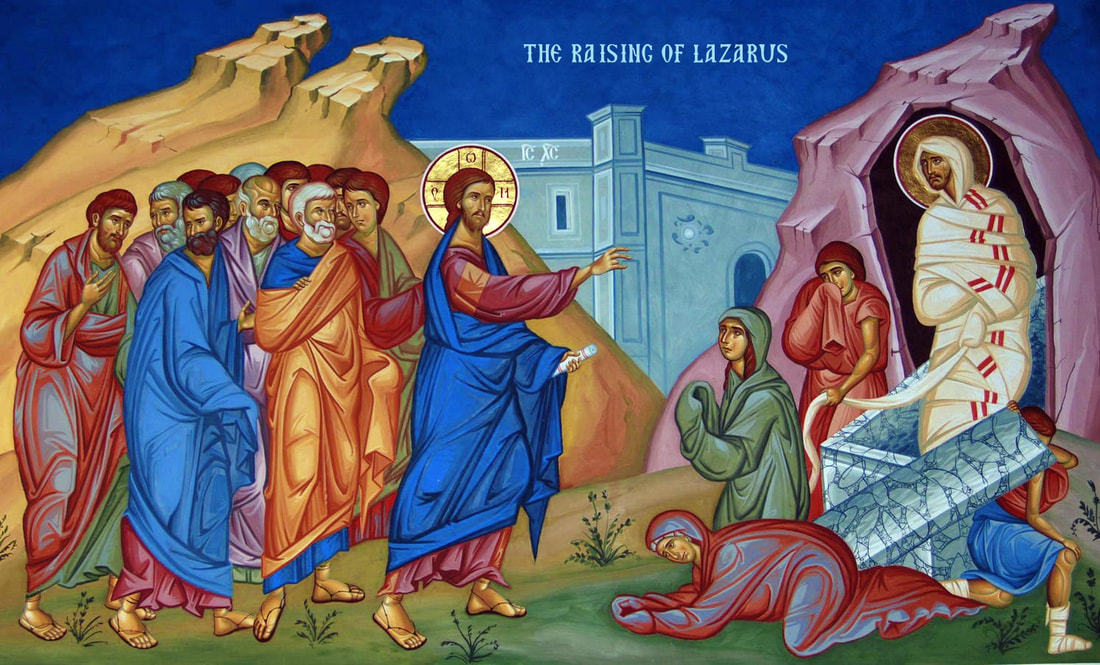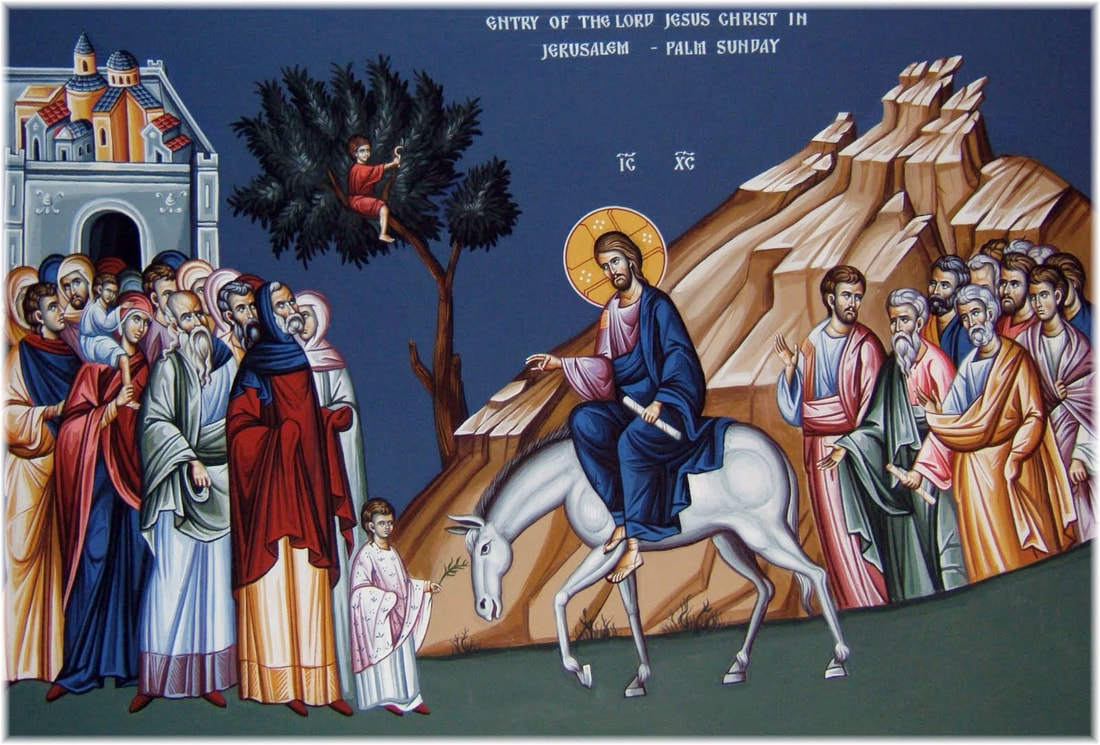|
From Fr. Alex Radulescu - Last night, we have officially concluded the Forty days of preparation before Pascha. We have now started the Holy Week commemoration of Christ's suffering, death and Resurrection. The first two events in this cycle are interconnected: Saturday of Lazarus and Palm Sunday. Let’s explore their meaning one by one: LAZARUS SATURDAY John 11:1-45 On this day, we remember the raising of Lazarus from the dead. Lazarus, a close friend of Jesus, become ill, and his sisters, Mary and Martha send a message to Jesus to let Him know of the situation. What is surprising in this story is that Jesus takes His time to travel to see his friend. Rather He purposefully waits for Lazarus to fall asleep. Finally, He arrives in Bethany, after Lazarus has died and was already placed in a tomb for four days. What was the reason for this delay? Christ had better plans. He wanted to show the power of God at work. Christ wanted to make his friend Lazarus an example for all humanity. Christ was moved to tears when He arrived in Bethany and saw the pain Martha and Mary had in their hearts for the loss of their brother, Lazarus. Just like Lazarus, all humanity is desired by the Lord. Christ did not weep for Lazarus only but for all humanity trapped in the snares of sin, under the destructive power of death. Christ reassured Lazarus’ sisters saying: “Those who believe in me, even though they die, will live, and everyone who lives and believes in Me will never die” (v.25-26). After saying this, Jesus called Lazarus out of the tomb, He called him back to life. And this is a powerful message Christ sends us through the death and resurrection of Lazarus. We know that Christ is the Life and all those who believe and follow Him, although they experience bodily death, will not experience spiritual death. And this is what matters most: that in Christ, we are always alive. PALM SUNDAY John 12:12-18 The news of Jesus raising Lazarus from the death spread like fire. Bethany is only about 1.8 miles from Jerusalem. By this time, Christ was popular with the crowds. Many people heard of His wisdom, His healing power, His opposition to the corruption of their political and religious rulers. Raising Lazarus from the death topped it all. In spite of the rumor that the rulers were ready to do anything to get rid of Him, even kill Him if they could, Jesus pushed on with preparations to celebrate the Passover in Jerusalem. He asked His disciples to find a colt of a donkey to sit upon as He entered the city. When people heard that Jesus was about to enter the city, they rushed to greet Him with palm branches, even laying their garments on the ground before Him, as they shouted, “Hosanna! Blessed is he that comes in the Name of the Lord, the King of Israel!” (v.13). This was really the treatment reserved for the triumphal entry of a King. Think of the post war celebrations in Times Square, New York, with confetti and all of that! Imagine how angry the scribes and the Pharisees must have gotten at the sight of this entry! A simple carpenter talking to sinners, eating with tax collectors and “pretending” to forgive sins. This was blasphemy in their eyes. And in spite of their failure to recognize this, right before their eyes, the crowds were welcoming Jesus as King of all humanity, coming to rescue us from our bondage to sin. There are two types of crowds: those welcoming and those denying Christ. What is perplexing is that the scribes and the Pharisees were experts on Scripture, yet they failed to recognize Jesus as the Messiah. The common people, the so-called ignorant, the poor, the failures of society, the non-Jews, the foreigners, they all lined up the streets of Jerusalem to welcome Jesus as the New King of the New Jerusalem. CONCLUSION Brothers and sisters, today we see Christ giving life to all those who believe in Him, just as Lazarus, his sisters and many others did. And the life He gives is eternal. Beyond this life of pain, suffering and death, there is eternal life in a Kingdom we are invited to inherit. Are we willing to welcome Christ as the King of our hearts? If so, let us also sing: Hosanna! Blessed is he that comes in the Name of the Lord. Amen. Comments are closed.
|
AuthorsMessages written by the clergy of our parish. Archives
May 2021
Categories
All
|
© 2023
Saint Nicholas Greek Orthodox Church
3109 Scio Church Road, Ann Arbor, MI 48103
Phone: (734) 332-8200
Fax: (734) 332-8201
Saint Nicholas Greek Orthodox Church
3109 Scio Church Road, Ann Arbor, MI 48103
Phone: (734) 332-8200
Fax: (734) 332-8201



 RSS Feed
RSS Feed
